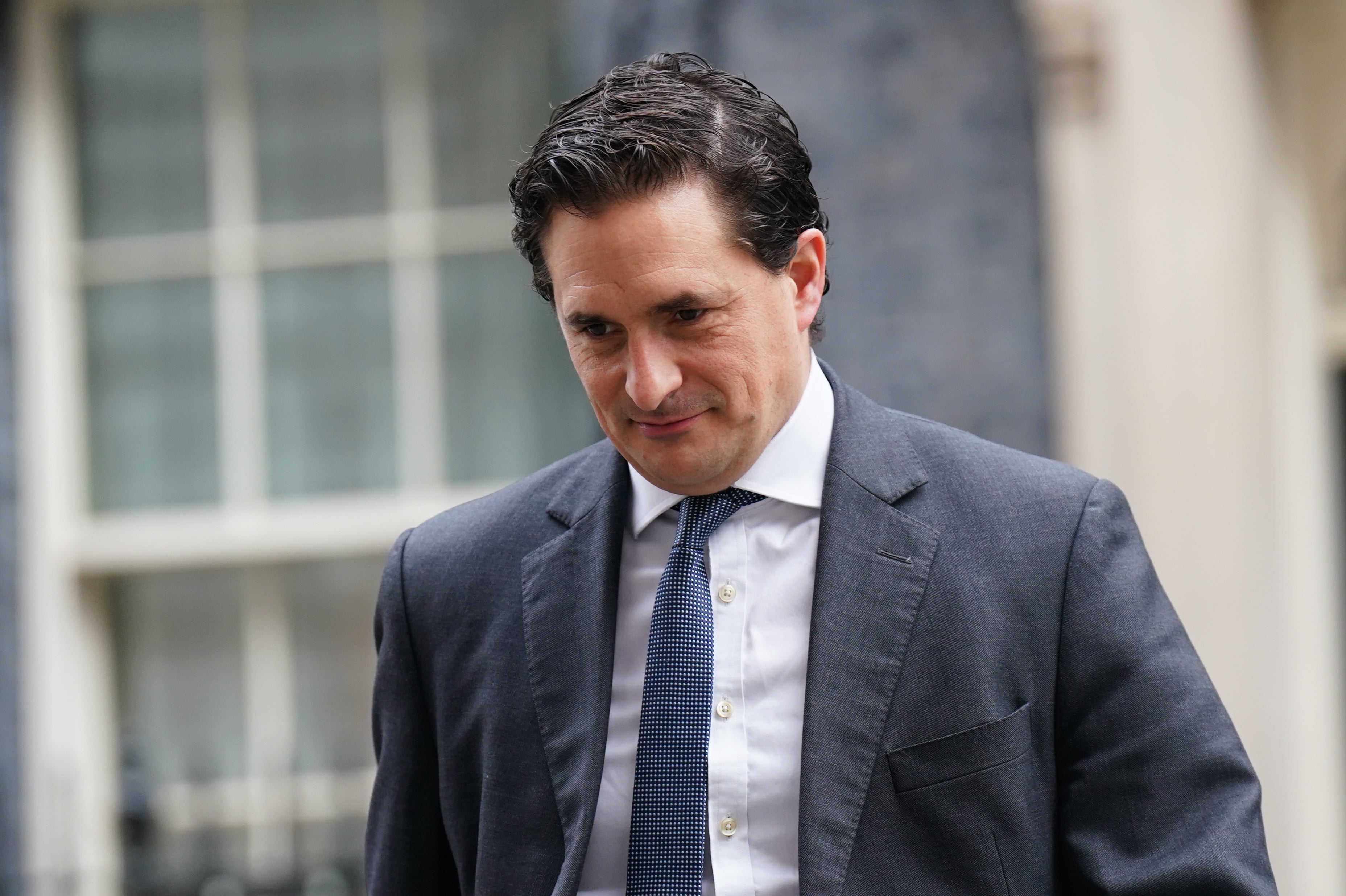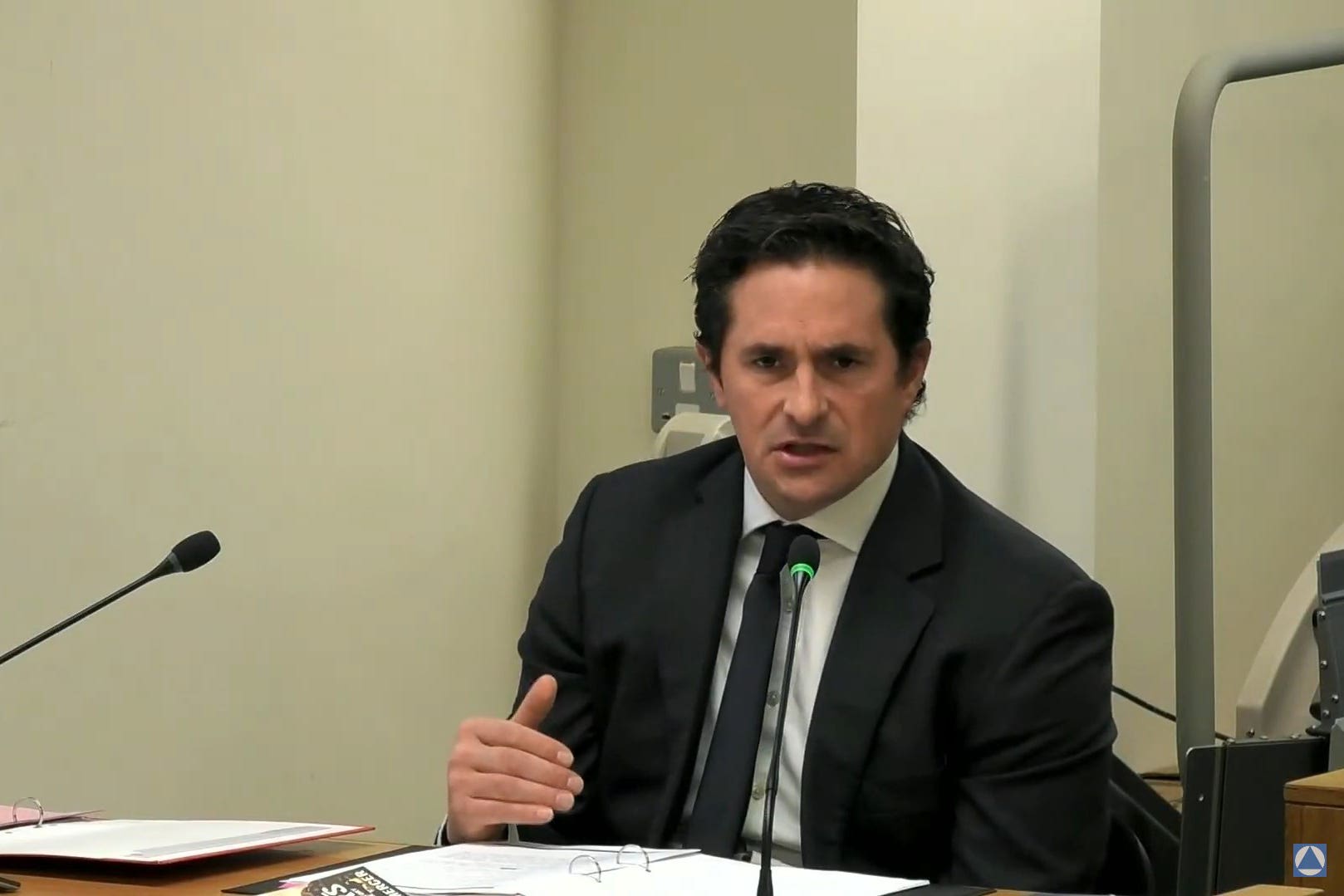Why is veterans minister Johnny Mercer facing jail over the special forces inquiry?
John Rentoul on the extraordinary standoff between an experienced minister and a judge heading a public inquiry


Johnny Mercer, the veterans minister, has been given until 5 April to reveal the names of special forces officers who told him about war crimes in Afghanistan – and he faces being fined or up to a year in jail if he refuses.
He is understood to have promised whistleblowing troops that he would protect their identity if they came forward with what they knew about the unlawful killings by British troops of unarmed Afghans, information that he has passed to the public inquiry into allegations of such crimes.
However, Lord Justice Haddon-Cave, the former judge who is chairing the inquiry, has accused Mercer of a “misguided understanding of the term integrity and an inappropriate sense of loyalty”, and has served the minister with a notice under the Inquiries Act 2005 requiring him to supply the names to the inquiry in confidence.
What is the inquiry about?
The Independent Inquiry relating to Afghanistan was set up in 2022 by Ben Wallace, the defence secretary, after the BBC’s Panorama reported that British special forces killed 54 Afghan detainees in suspicious circumstances between 2010 and 2013.
Wallace had asked Mercer, a junior defence minister who had himself served three tours of duty in Afghanistan, to “get to the bottom” of what had happened. Mercer said he was told by senior SAS commanders that the allegations were untrue, but he wrote to Wallace to say he was concerned about the allegations, and that he was opposed to closing the MoD’s investigation.
Wallace, having closed the investigation, then ordered the public inquiry after two families took the British government to court.
Mercer gave evidence to the inquiry last month. He clashed with Lord Justice Haddon-Cave, who told him: “You need to decide which side you are really on, Mr Mercer.”
Has there been a clash like this before?
There was quite a to-and-fro between the Covid inquiry and government lawyers about which of Boris Johnson’s diaries, notes and WhatsApp messages should be submitted to the inquiry. Lady Hallett, the chair, at one point threatened to take legal action to obtain the documents requested. She was eventually satisfied that the inquiry had obtained all the material it wanted.
The courts have sometimes clashed with journalists over attempts to force the disclosure of sources, although journalists and media organisations have generally held the line that protecting the identity of sources is in the wider public interest.

The last time an MP was asked to disclose the names of confidential sources was when the West Midlands Police tried two years ago to force Chris Mullin, the former MP, to hand over the name of an IRA bomber who was still alive. Mullin refused and a judge ruled that it would be against the public interest to force disclosure.
What will happen after 5 April?
Mercer shows no sign of yielding. Lord Dannatt, a former chief of the general staff who has spoken on his behalf, has said: “It is outrageous that the government minister who has done more than anyone else for veterans should be threatened with jail. He gave his word to the whistleblowers that their identity would be protected. The information that they gave Mr Mercer has already been passed by him to the inquiry.”
It is possible that Lord Justice Haddon-Cave will back down, and accept the increasingly widely accepted principle that anonymity for whistleblowers is needed to encourage people to come forward with evidence of wrongdoing in public service.
But if Mercer is fined or jailed, it would be a breach of the ministerial code and the prime minister would then have to decide what to do with an unusual and forthright minister, who is popular with the Conservative Party grassroots.



Join our commenting forum
Join thought-provoking conversations, follow other Independent readers and see their replies
Comments